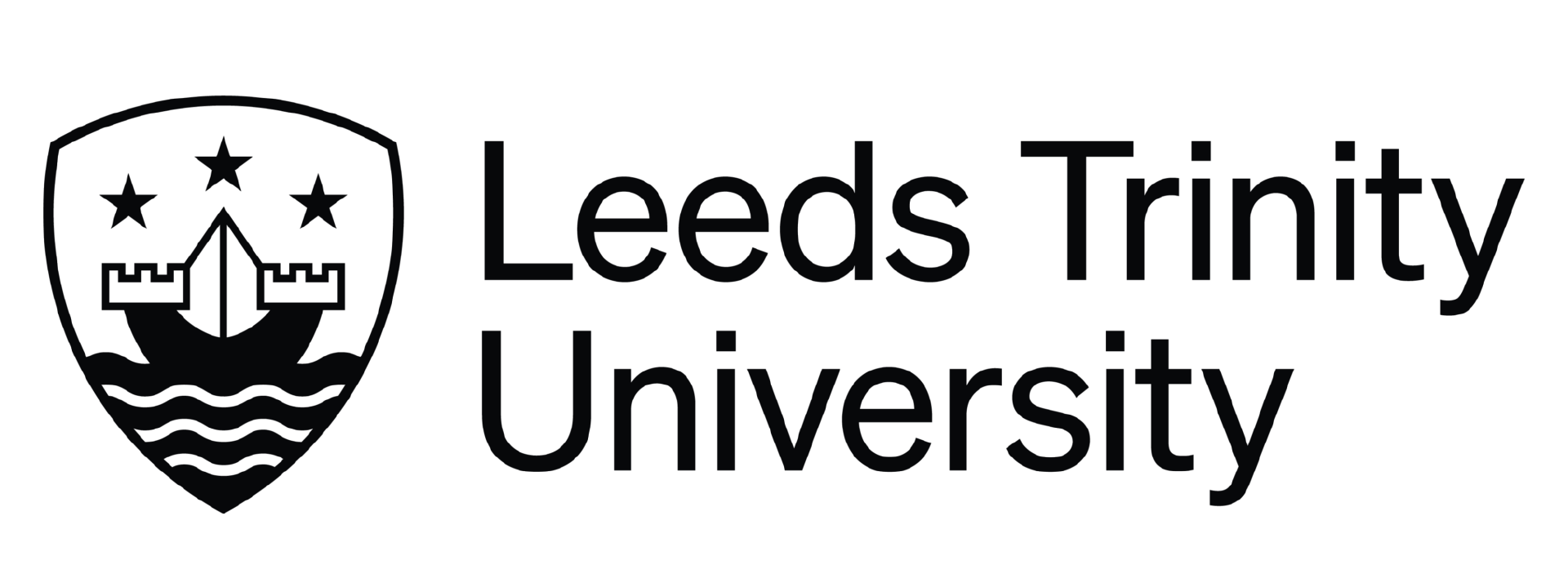Yorkshire Universities (YU) is delighted to welcome the appointment of Dr Richard Whittle, as the first Capabilities in Academic Policy Engagement (CAPE) Regional Development Fellow. Starting on 1 July, Richard will work with YU, the Place-based Economic Recovery Network (PERN) and the West Yorkshire Combined Authority, to lead an innovative project tasked with strengthening the use and application of university research to inform public policy in West Yorkshire.
CAPE Case Study: Richard Whittle, Policy Fellow (January 2022)
Strengthening academic-policy engagement in West Yorkshire First published in CAPEnews Issue 8, 25 January CAPE is looking to understand how universities can mobilise their research findings and capabilities by working with local and regional authorities in order to enhance evidence-informed policymaking. CAPE’s West Yorkshire Policy Fellow was established in the context of West Yorkshire’s changing political …












